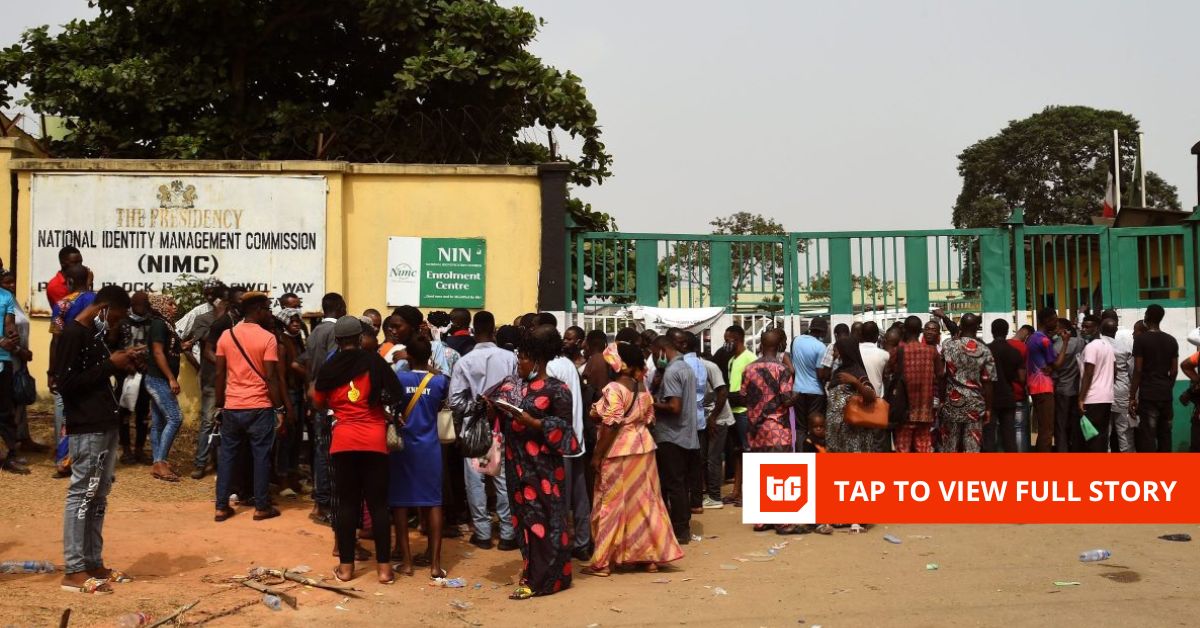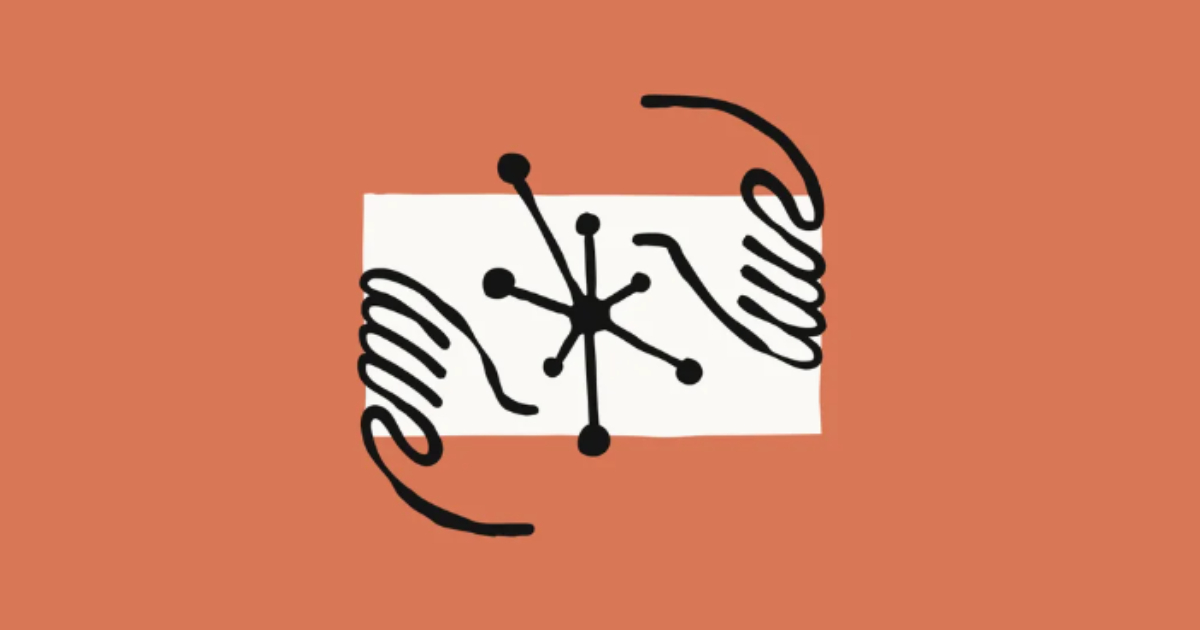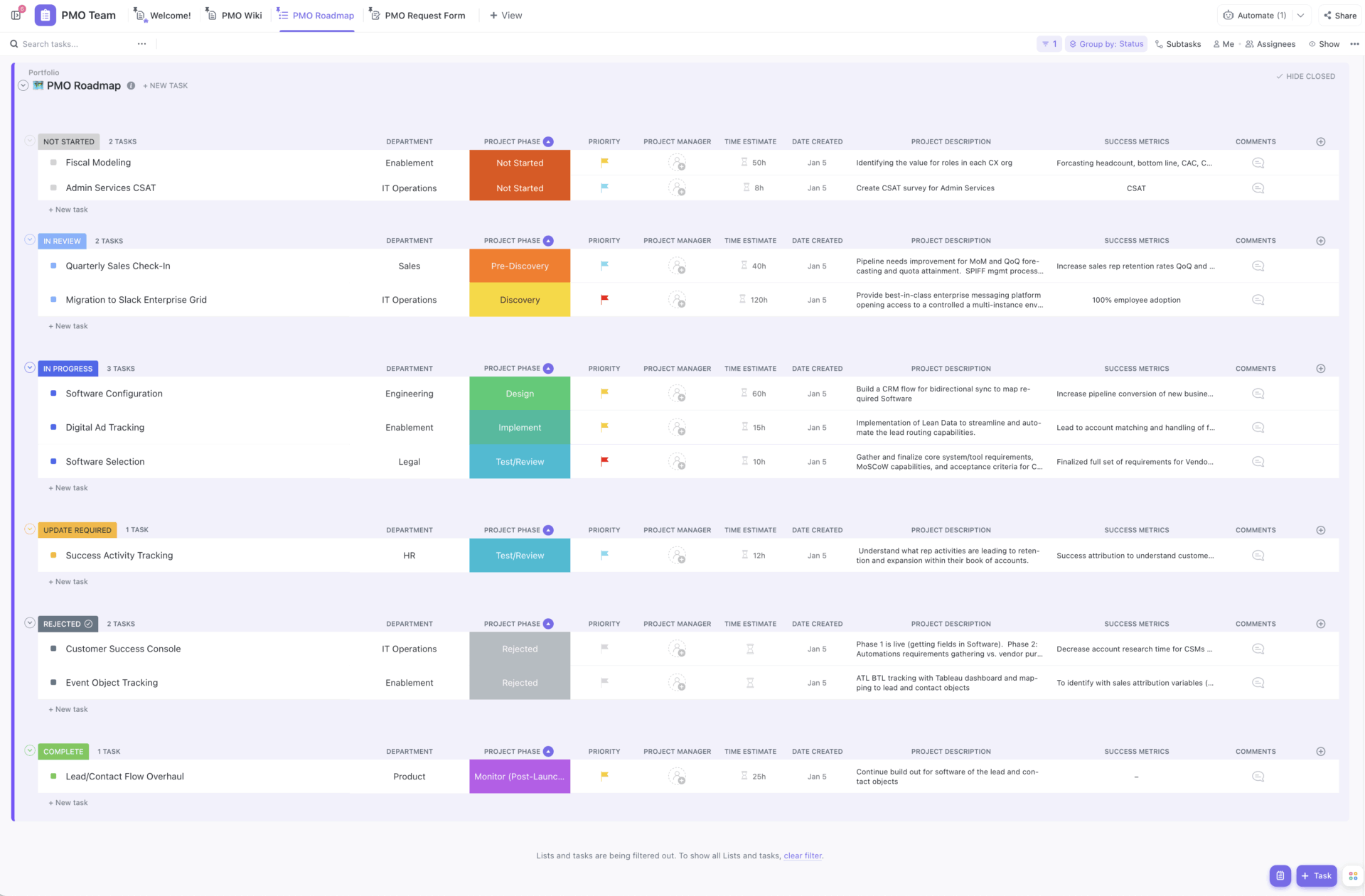The National Identity Management Commission (NIMC) must register at least 3.3 million Nigerians every month until December 2026 to meet the World Bank’s new target of 180 million National Identification Numbers (NINs), marking the biggest test in its 15-year history.
NIN is Nigeria’s version of the US Social Security Number, linking demographic data with fingerprints, facial images, signatures, and eventually credit history. The goal is for every Nigerian, regardless of income or location, to access essential services using this single ID.
As of June 30, 2025, NIN registrations stood at 121 million, leaving a gap of 59 million to be filled in only 18 months.. NIMC’s peak registration rate was in 2021, when the average monthly enrolment was 2.19 million, and registration for the year stood at 26.3 million.
NIMC is betting on an upgraded biometric server, additional enrolment centres, and collaborations with telecom companies and microfinance banks to boost mass registrations in 2025 and 2026.
Digital identity forms the foundation for access, inclusion, and opportunity in the digital economy. With a population of about 210 million, nearly half of Nigerians—mostly women, persons with disabilities, and disadvantaged groups—still lack digital identification, according to the World Bank.
This exclusion cuts them off from accessing government aid, financial services, and participating in digital transactions. It led to the enactment of the NIMC Act in 2007 and the establishment of the commission in 2010, which replaced the Department of National Civic Registration (DNCR).
However, ongoing underfunding, weak infrastructure, and a lack of political will have hampered progress. By June 2020, only 41.5 million Nigerians had NINs. Fewer than 8 million of these were under the age of 25, despite that age group comprising nearly half the population.
In 2020, Nigeria secured up to $430 million from the World Bank, French Development Agency (AFD), and European Investment Bank (EIB) under the Identification for Development (ID4D). The agreement became effective in December 2021, with the ambitious aim of reaching 148 million NINs by June 2024.
Nigeria did not meet this target due to longstanding capacity and funding issues in NIMC. Despite a six-month extension, registrations stagnated at 114.5 million by January 2025. Delays in approval by the National Assembly, data protection law hurdles, and recruitment challenges slowed the disbursement of funds during the first 22 months of the programme. Most of these issues have now been resolved.
So far, the biggest boost to registrations has been a December 2020 government mandate requiring NIN for SIM registration. Numbers increased from 46.4 million in January 2021 to 94.03 million by December 2022.
New targets, familiar challenges
Convinced of Nigeria’s commitment, the World Bank extended the deadline to December 2026 in 2024 and increased the target to 180 million NINs. This commitment was reflected in policy measures such as the enactment of a data protection law in June 2023 and improvements to the national identity management system (NIMS).
Disbursement stood at 53% ($228 million) as of November 2024, with the World Bank noting it has directly facilitated the enrolment of 74 million NINs.
To achieve the 2026 deadline, the World Bank expects Nigeria to maintain monthly enrolments of three million, starting January 2025. “Starting January 2025, the project will be enrolling three million people with NIN a month,” it stated.
So far, 2025 enrollment stands at 1.08 million monthly, with 6.5 million new registrations as of June’s end. At this rate, only 13 million Nigerians would be registered by year’s end, leaving the commission with a tough task in 2026.
However, the commission insists the rest of 2025 will be different. Kayode Adegoke, head of corporate communications, told that the agency’s new server, expanded centres at home and abroad, and stronger institutional partnerships will make the difference.
“NIMC is confident it can meet this goal,” he said.
Betting on technology and collaboration
The core of NIMC’s confidence lies in the Automated Biometric Identification System (ABIS), the backend infrastructure supporting Nigeria’s digital identity. For years, it has struggled with outages, including a 2022 blackout that disrupted banking, immigration, and telecom services. Originally designed to hold 100 million NINs, the system had reached its limit.
In 2024, NIMC’s technical partner, IDEMIA Smart Identity, revealed that the server was being upgraded to a future-proof platform capable of managing hundreds of millions of identities.
“The new powerful system will ensure that all Nigerians have access to a secure, trusted identity,” said Olivier Charlanes, IDEMIA’s senior vice president for Middle East and Africa.
Abisoye Coker-Odusote, then CEO of NIMC, said, “We wanted to ensure that we deliver the best-in-class solution to our fellow Nigerians, and the pure power of the biometric matching we will receive ensures that the solution is future-proof for our growing population.”
According to Adegoke, NIMC is now more resilient due to its server upgrade, which has recently been completed.
“It is a smarter, faster, and more secure infrastructure that enhances biometric processing, speeds up authentication, and improves the overall user experience. For millions of Nigerians, this means quicker services, fewer bottlenecks, and a more seamless identity management system,” he said.
NIMC has also enhanced and upgraded the National Identity Management System (NIMS) to improve privacy, performance, monitoring, assurance, and risk management, key areas for which it has been criticised.
“The Commission has also put in place an automated customer service, which ensures that Nigeria’s identity ecosystem remains efficient, reliable and future-ready,” he added.
Beyond software, expanding access involves establishing more physical centres that individuals can visit to register easily. To facilitate this, it has licenced at least 134 front-end partners using the developed licensing and assurance framework, including mobile network operators and microfinance banks, to broaden registration access.
The commission is also intensifying efforts to increase diaspora registration. According to the World Bank, over 1.7 million Nigerians live abroad. NIMC launched diaspora registration in 2019, and without NINs, Nigerians in the diaspora cannot renew their passports.
Since the end of 2023, NIMC has registered nearly one million Nigerians in the diaspora, bringing total enrolments to 1.5 million as of June 2025. It upgraded the diaspora NIN enrolment platform in August to reduce frustration and streamline procedures.
A benchmark for Sub-Saharan Africa
The World Bank believes Nigeria’s digital identity project could set a regional benchmark.
“Nigeria can set the standard for developing systems that are based on open standards, are interoperable, and enable access to services. By investing in digital identification and the accompanying analogue systems, Nigeria can unlock its digital economy, creating a ripple effect across the continent,” it stated.
The final phase of funding depends on amending the NIMC Act to strengthen governance and promote inclusivity. The bill has already passed two readings in the National Assembly and is expected to become law soon.
NIMC still has some convincing to do. When verification upgrades were introduced in 2025, disruptions affected SIM registration nationwide, further eroding public trust. Issues about NIN leak continue to dominate public discourse as various websites—not linked to NIMC—containing NIN information continue to exist.
On its part, NIMC continues to flag this website through public awareness and campaigns, but the core question as to how private NINs are remains.
Nonetheless, NIMC’s Coker-Odusote believes the expanded server, which will power NIMC to its goal, is about more than technology, especially now that it is operational.
“Every Nigerian, no matter where they live, will have access to a trusted identity that opens doors to opportunity and dignity,” she said.
Whether NIMC can deliver 59 million NINs within 18 months remains uncertain, but it is at least on track to meet the UN’s 2030 Sustainable Development Goal of providing legal identity for all, which will still count as a win for the country, where only 57,841 NINs were enrolled in 2012.
Mark your calendars! Moonshot by is back in Lagos on October 15–16! Join Africa’s top founders, creatives & tech leaders for 2 days of keynotes, mixers & future-forward ideas. Early bird tickets now 20% off—don’t snooze! moonshot..com










